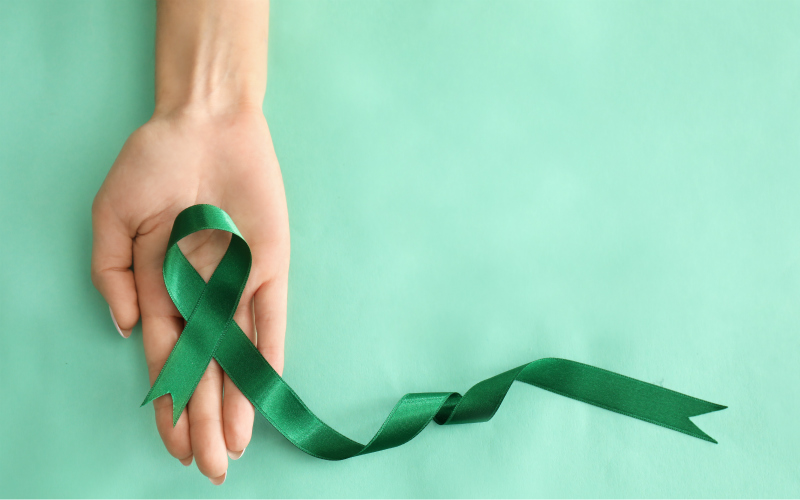
Today is World Cerebal Palsy Day. Cerebal Palsy is the most common physical disability in childhood (over 17 million people live with this disability) yet it is one of the least understood disabilities. The vision of World Cerebal Palsy Day is to ensure that children and adults with CP have the same rights and opportunities as anyone else in society.
What is CP?
CP is a condition which can affect movement and co-ordination. It is usually caused by an injury to the brain before, during or after birth which causes brain damage whilst a child’s brain is still developing. The brain injury can be caused by a number of things such as :-
- lack of oxygen to the brain
- abnormal brain development
- restricted growth in the womb (when the baby is smaller than it should be at its gestational age)
- traumatic injury such as misuse of forceps or an amniocentesis needle injury
- fluid build up in the brain
How Does CP Affect People?
CP affects people in different ways. In some cases, the condition is barely noticeable with children growing up to live largely independent lives but in other cases, help may be required with every day aspects of life. Common difficulties can include:-
- Mobility problems
- Motor control and coordination difficulties
- Learning difficulties or cognitive impairment
- Difficulty with feeding, swallowing and speech
- Lack of bladder and bowel control, and difficulty going to the toilet
- Sensory impairment, e.g. difficulties with hearing and visual acuity
- Epilepsy
Can CP Be Caused By Negligence?
A small number of children with CP will have that disability as a result of negligent management of their mother’s care either whilst pregnant, during labour or during neonatal care. For example :-
- the child being deprived of oxygen as a result of a delay in delivery, causing permanent brain damage;
- failure to respond to the umbilical cord being wrapped around the baby’s neck;
- failure to diagnose and/or treat jaundice; or
- failure to diagnose and/or treat low blood sugar (hypoglycaemia)
Can Compensation Help?
Physically, emotionally and financially, supporting and caring for a child with CP can be challenging. Help will be provided through the NHS and local authority but restrictions and resources can mean that there are delays in the provision of equipment, assistance and services or not all needs being fully catered for. If CP has been caused by negligence, compensation can assist to put in place the care and equipment needed for life to enable the child to achieve their full potential. Compensation, which may include a lump sum plus annual periodic payments for life, will usually include provision for :-
- Care
- Physiotherapy, occupational therapy and speech and language therapy
- Assistive technology and equipment
- Transport
- Accommodation for the child and their family
- Special educational needs
- Loss of earnings
- Professional costs associated with managing the award of compensation
Putting in place the right care, equipment and support helps to ensure those with CP have the best quality of life possible and equally are able to make their contribution to society.
As Leon Taylor, UK Spokesperson for World CP Day said last year: “We must make a commitment to ensure that all people with CP are able to make their contribution. Because it is a matter of personal justice. Because it is a matter of ensuring our community receives the important benefit of that contribution.”
